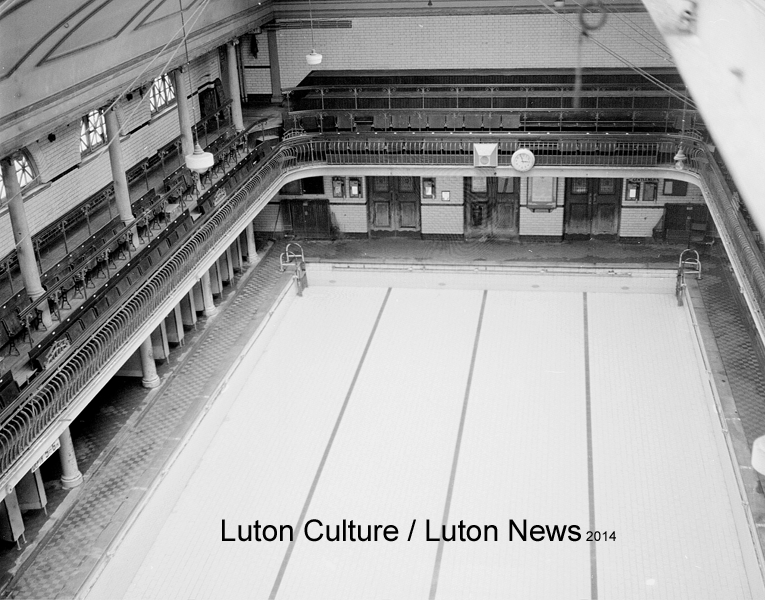The condition of Territorial soldiers, particularly those billeted in the Dunstable district, was the subject of a pointed discussion at the Luton Board of Guardians meeting on Monday.

It arose out of the statement of the Master of Union House (Mr A. B. Richmond) that he had received payment at the rate of 6d per head for the soldiers who, at the request of the military authorities, had been cleansed and their clothes fumigated at the Union House.
"Are these men being taken back to sleep at the same quarters as previously," was a very pertinent question asked by Mr Impey. He thought the military authorities ought to be given to understand that it was useless to spend money in fumigating the clothes of these men if the men had to go back to live in the same quarters. He understood they had been sleeping out in different sheds.
The Chairman (Mayor of Luton, Councillor W. J. Primett) said the military authorities knew all about the situation. It would be a good thing if all the men had a bath and a clean shirt every week. Probably some of them had had only one shirt since they had been there.
The clerk made reference to reduced charges for soldiers at the Corporation Baths, to which the Mayor pointed out that on several days during the week they could go free to the swimming baths.
The Sanitary Authority of Luton had done its very best, but the military had not accepted the opportunities as they ought. The soldiers had not used the baths as they might, and very few now went. For the benefit of the soldiers the Council partially closed Wardown Park to civilians in the mornings, and obtained canvas for making dressing places. Two thousand men could have bathed in the lake between 5.30 and 8, but the place had been little used. The soldiers could have a private bath at any time at the new baths in Waller Street at half price. Surely 2d was not too much for a 4d bath.
Mr Impey said very few of the cases of the men having to be cleansed at the Union House came from Luton. Most of them were from Stopsley and the Dunstable district - a statement which brought protests from representatives of those areas. The Mayor said it was not from the homes in Luton, or from the public buildings, that these cases had come.
Mr J. Cook said one officer told him it was not impossible for men to get better because they only had one shirt. If the War Office had given instructions to the men when they first came to bring two shirts they would have brought them. The same with blankets which the War Office could have paid the men for.
The mayor remarked that he was not prepared to excuse the officers. They did not help much in the laundry matter. Arrangements could have been made for the men to have a clean shirt (or other things) every week.
At the Town Council meeting on Tuesday, the Baths Manager's return showed that from August 31st to September 25th, 2,500 of the troops had used the swimming bath without charge.
[The Luton News, October 8th, 1914]

